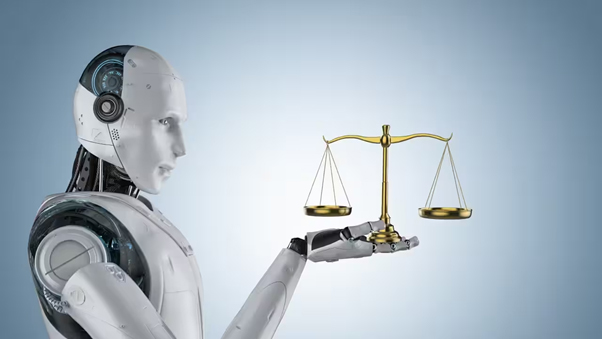
The Florida Bar Explores Regulations on AI Implementation
As the legal landscape evolves, the Florida Bar is taking a significant step toward regulating the use of artificial intelligence (AI) by attorneys. The organization is actively developing an advisory opinion aimed at governing the utilization of AI in the legal sector, and they are actively seeking input from Florida lawyers. The Florida Bar's leadership has tasked the Florida Board Review Committee on Professional Ethics with the responsibility of formulating comprehensive rules regarding the use of generative AI, including popular AI tools like OpenAI's ChatGPT, Google Bard, and Microsoft's Bing.
Client Consent Requirement
One of the key considerations in this evolving legal framework is the requirement for lawyers to obtain their clients' consent before deploying AI in legal matters. If enacted, This consent rule would mark a significant development in regulating AI usage in the legal profession.
Supervision and Fees
The Florida Bar's committee also examines whether AI should be subject to the exact supervision requirements as non-lawyer assistants. Additionally, they will deliberate on whether lawyer fees should be adjusted when AI is employed in legal services, potentially acknowledging the cost-saving benefits AI can offer.
Advertising AI Services
Another critical aspect of the advisory opinion under construction is whether law firms should be allowed to promote their generative AI tools as superior or unique. This could impact how legal services are marketed and the extent to which AI technology is presented as a selling point.
Encouraging Reliance on AI-Generated Due Diligence Reports
The committee is exploring the possibility of lawyers encouraging their clients to rely on due diligence reports generated by AI. This raises questions about AI's role in shaping client decision-making processes.
Historical Precedent and the Importance of Consent
The need for a consent rule in using AI by lawyers has gained prominence due to recent legal developments. Federal judges have already ruled that lawyers must disclose their use of AI in cases appearing on their dockets. This revelation comes after an incident in which two New York lawyers submitted a legal brief containing six fictitious case citations generated by ChatGPT. These lawyers from Levidow, Levidow & Oberman were ordered to pay a $5,000 fine, claiming they were unaware that the technology could fabricate cases.
Pioneering Jurisdiction
Florida is the first jurisdiction considering a consent requirement for lawyers employing AI in their legal practices, setting an example for other regions.
AI Advancements in Legal Tech: This move towards regulating AI in the legal field comes when numerous legal tech companies unveil new AI products. These products are designed to assist lawyers in various tasks, from conducting legal research to creating legal documents, showcasing the rapid advancements in AI's integration within the legal profession.
Public Participation and Next Steps
Florida bar members are encouraged to submit comments on the new AI advisory opinion until December 1, providing valuable insights and feedback on the proposed regulations. The committee responsible for drafting the advisory opinion is scheduled to convene on November 30 to further deliberate on the evolving landscape of AI usage in the legal sector.





